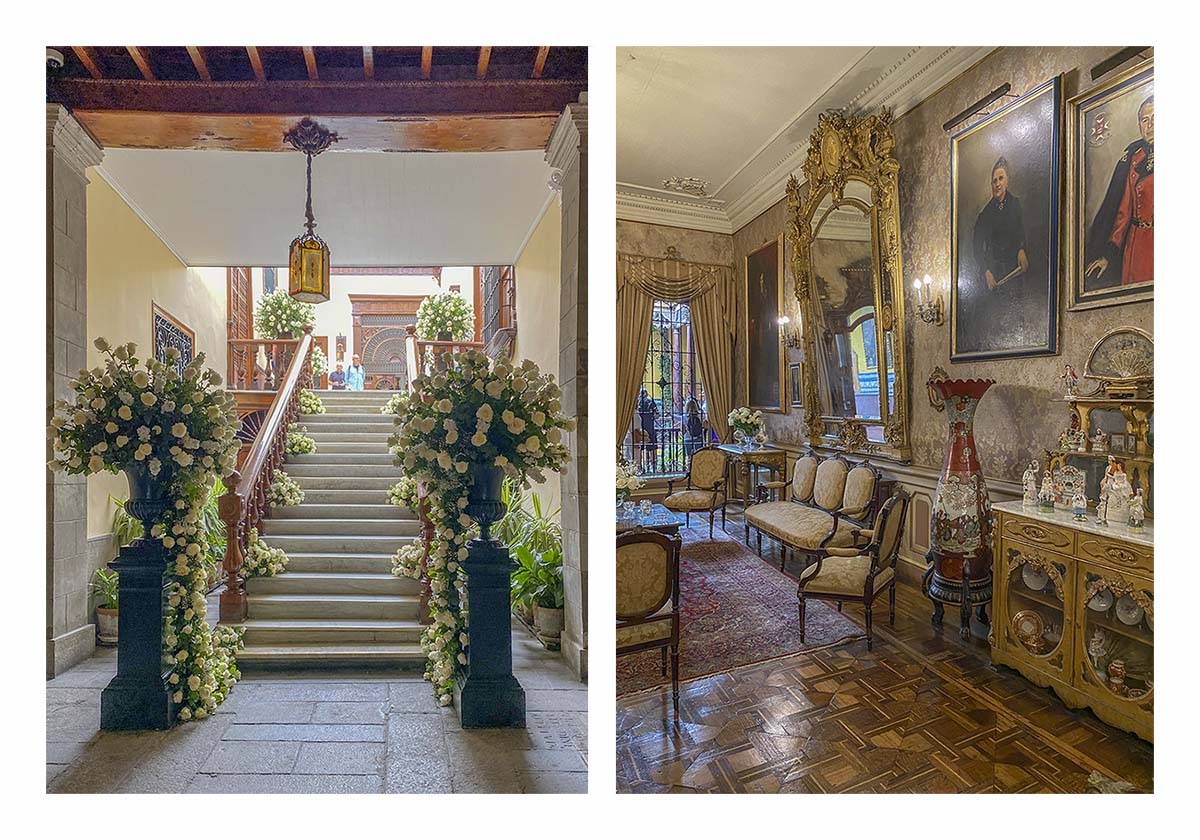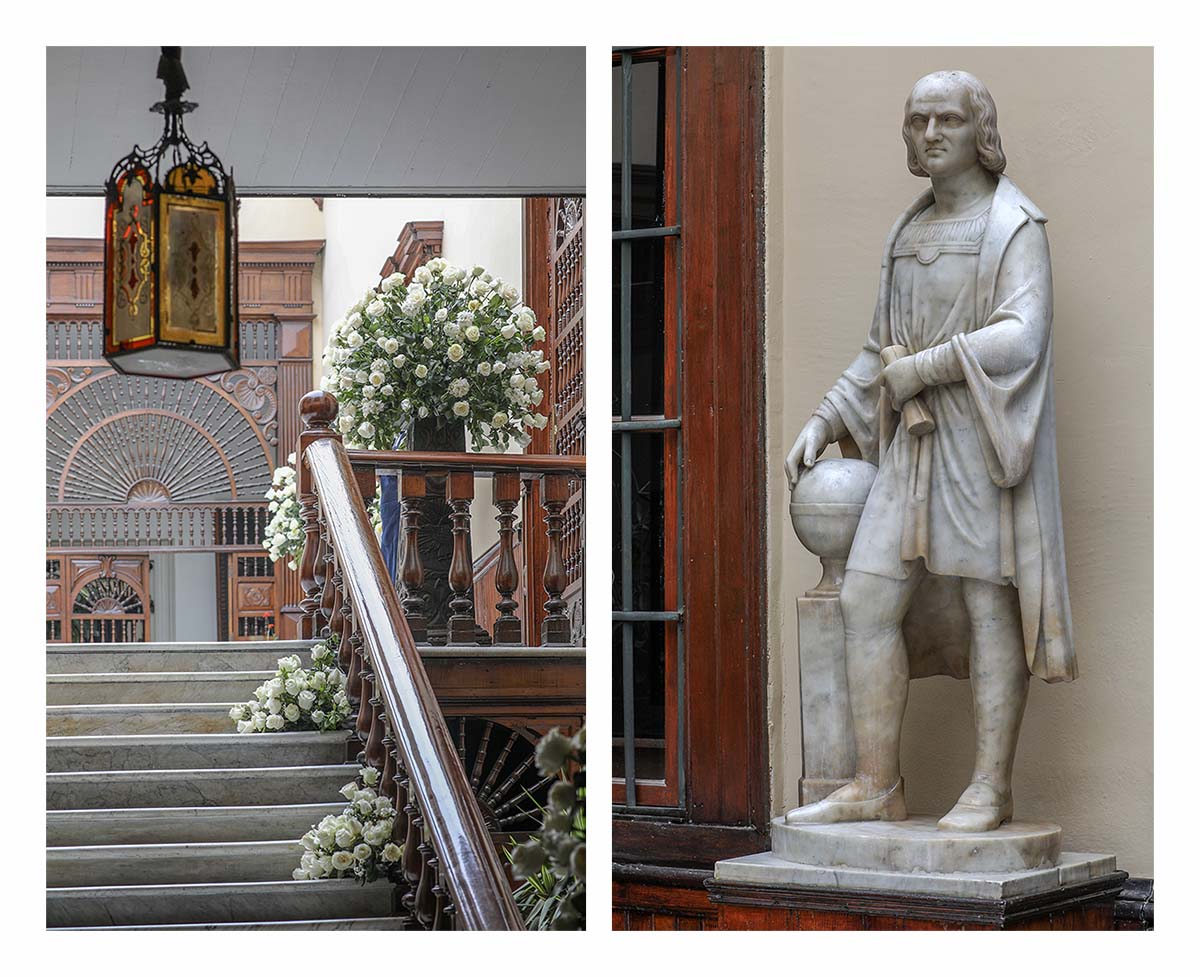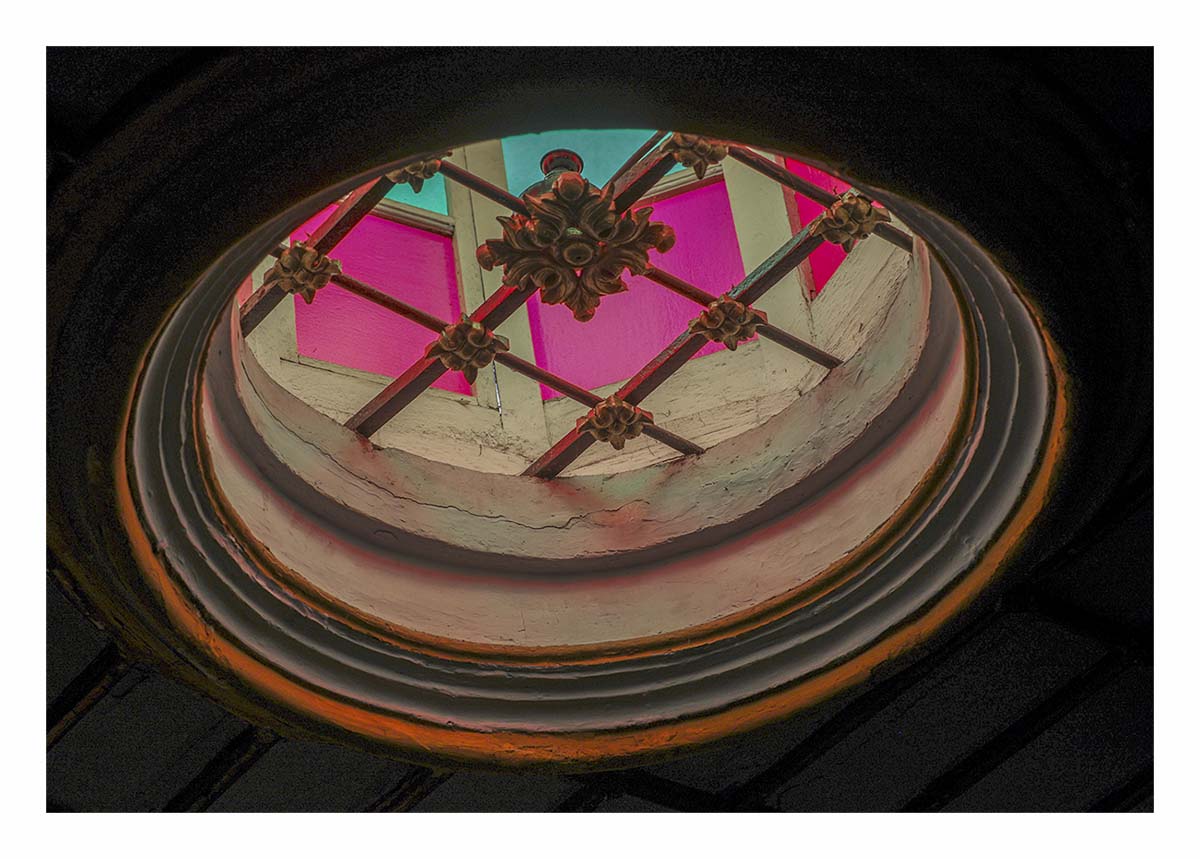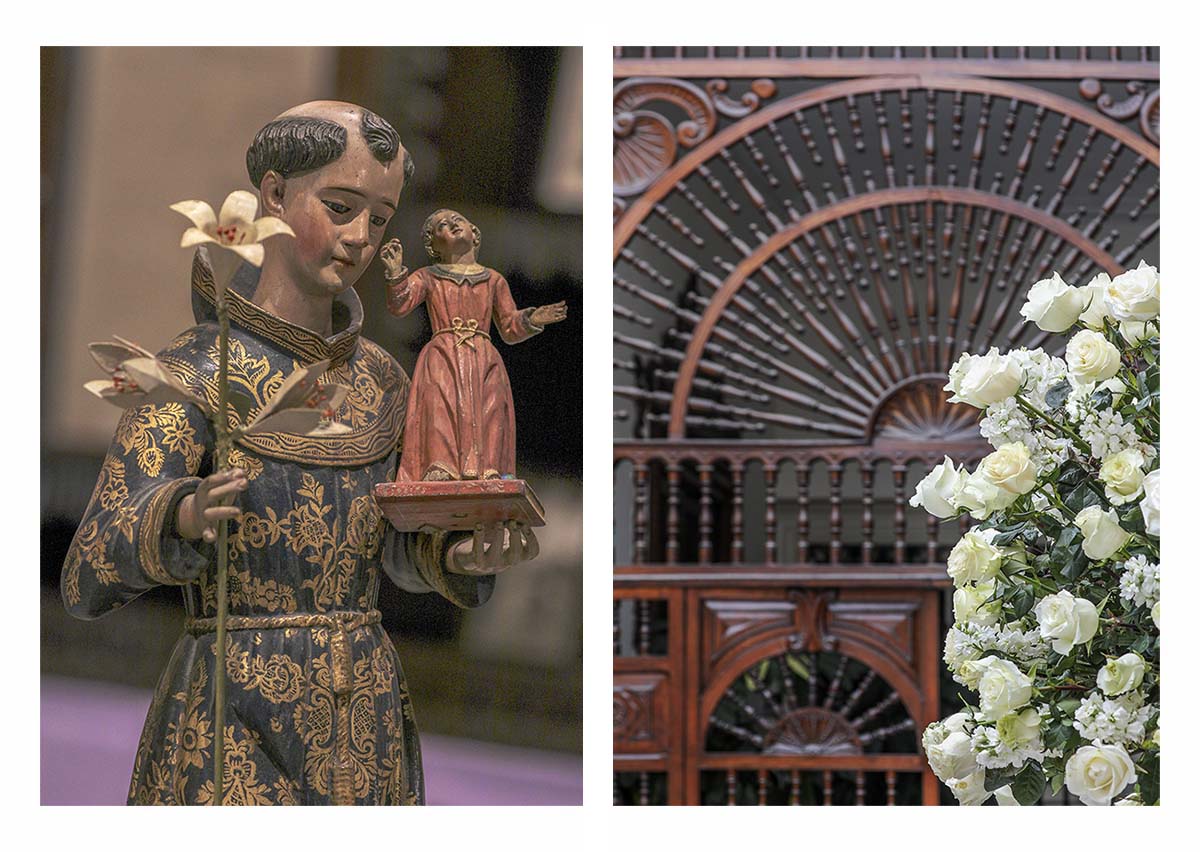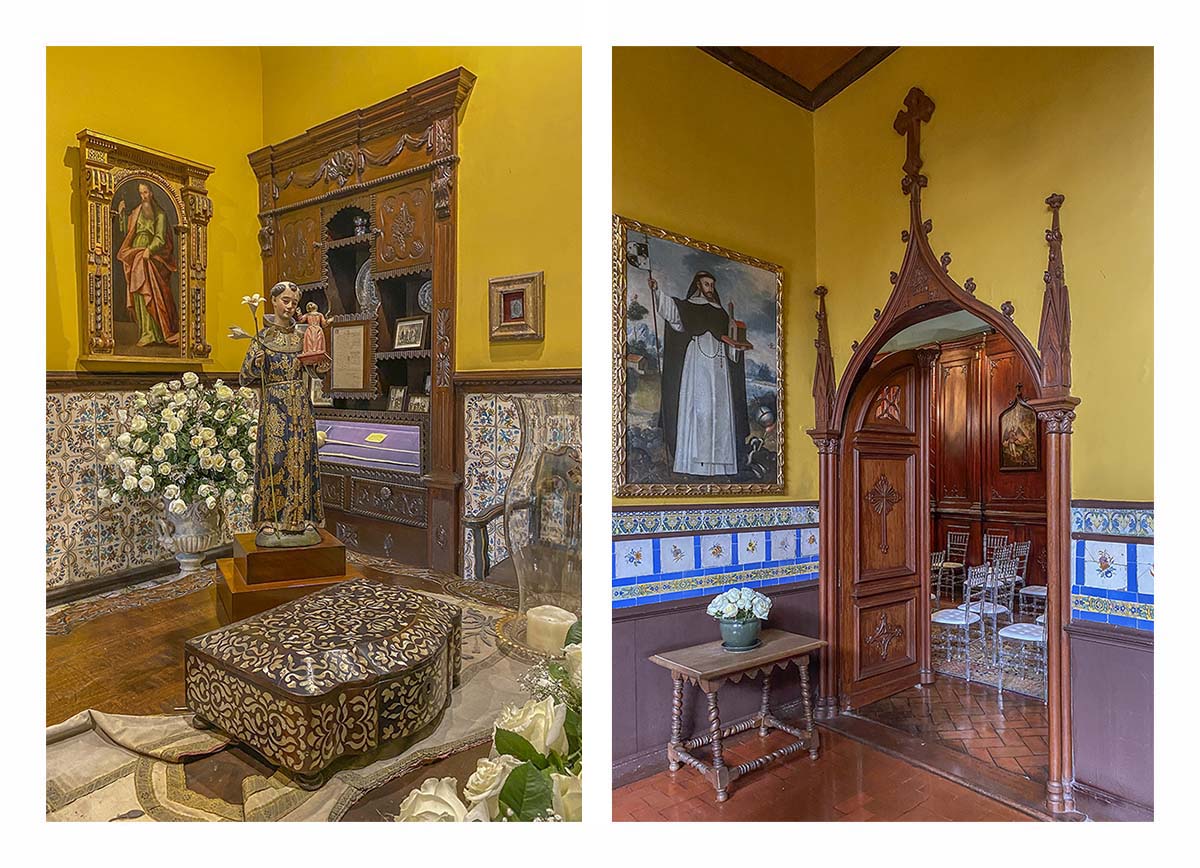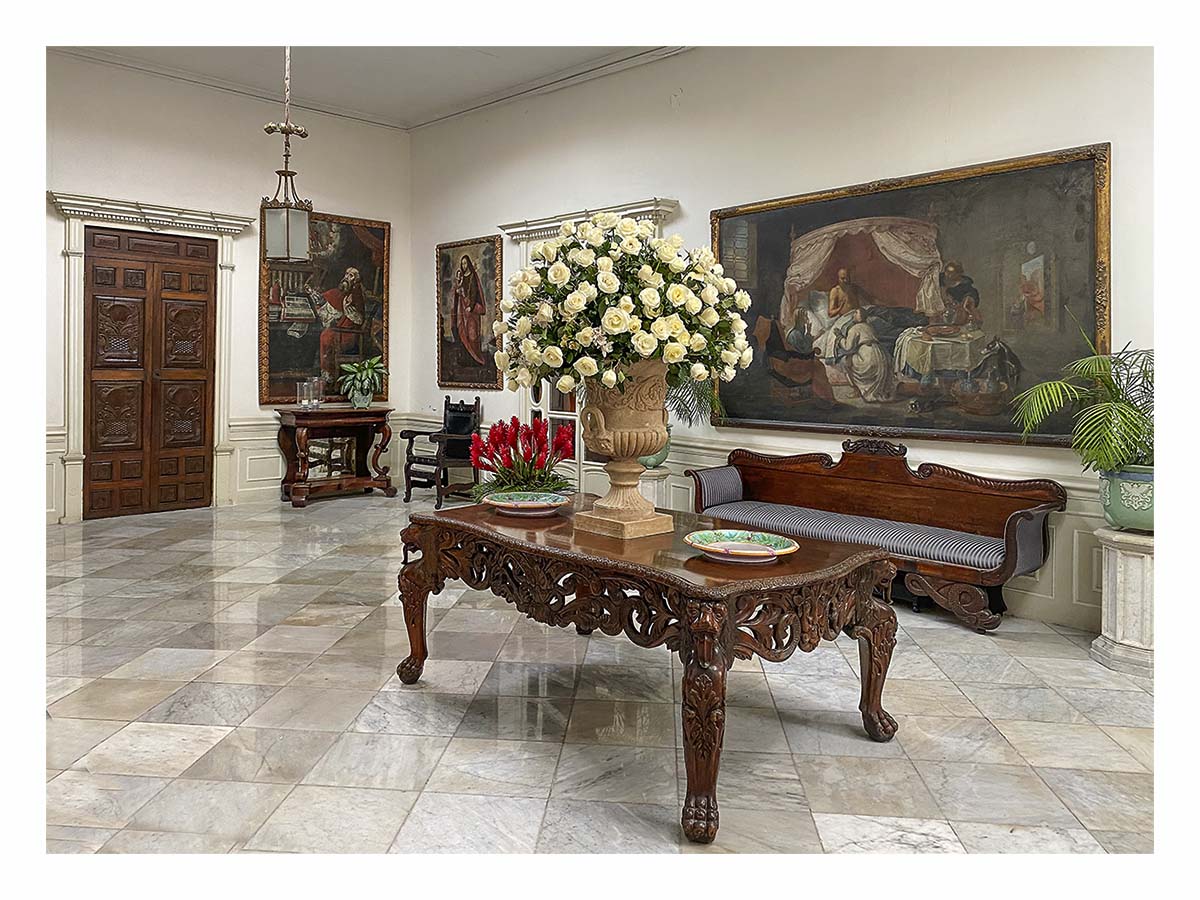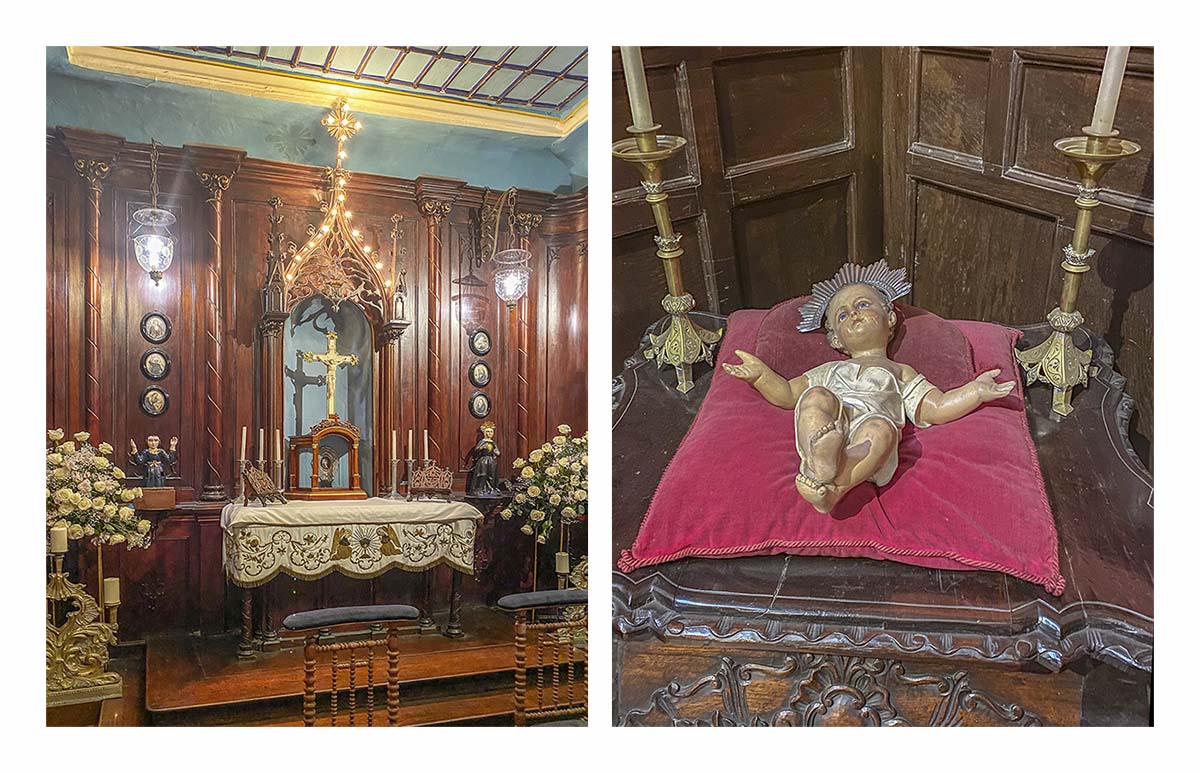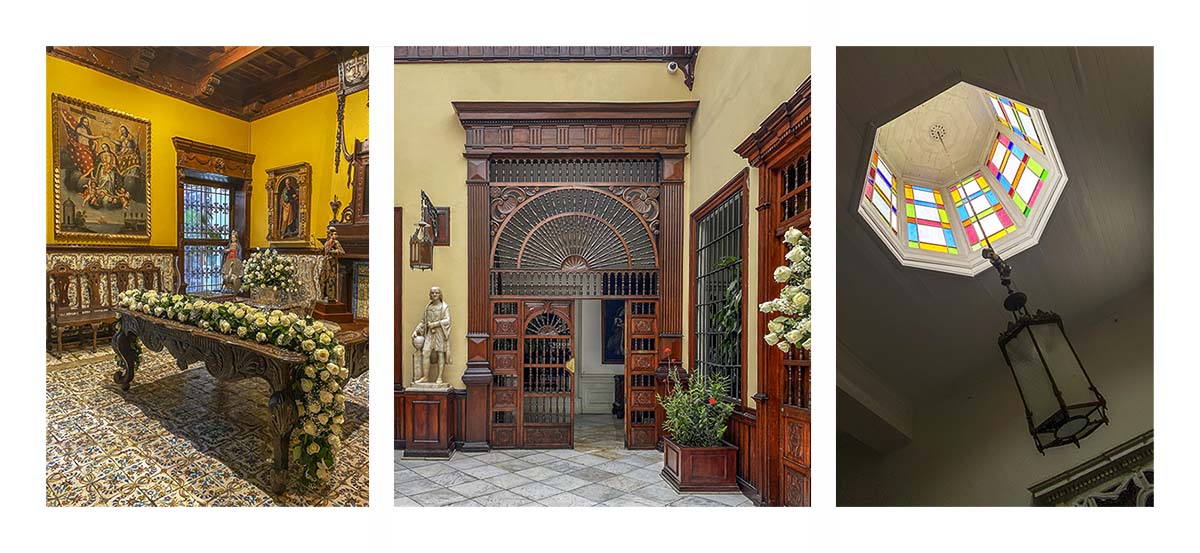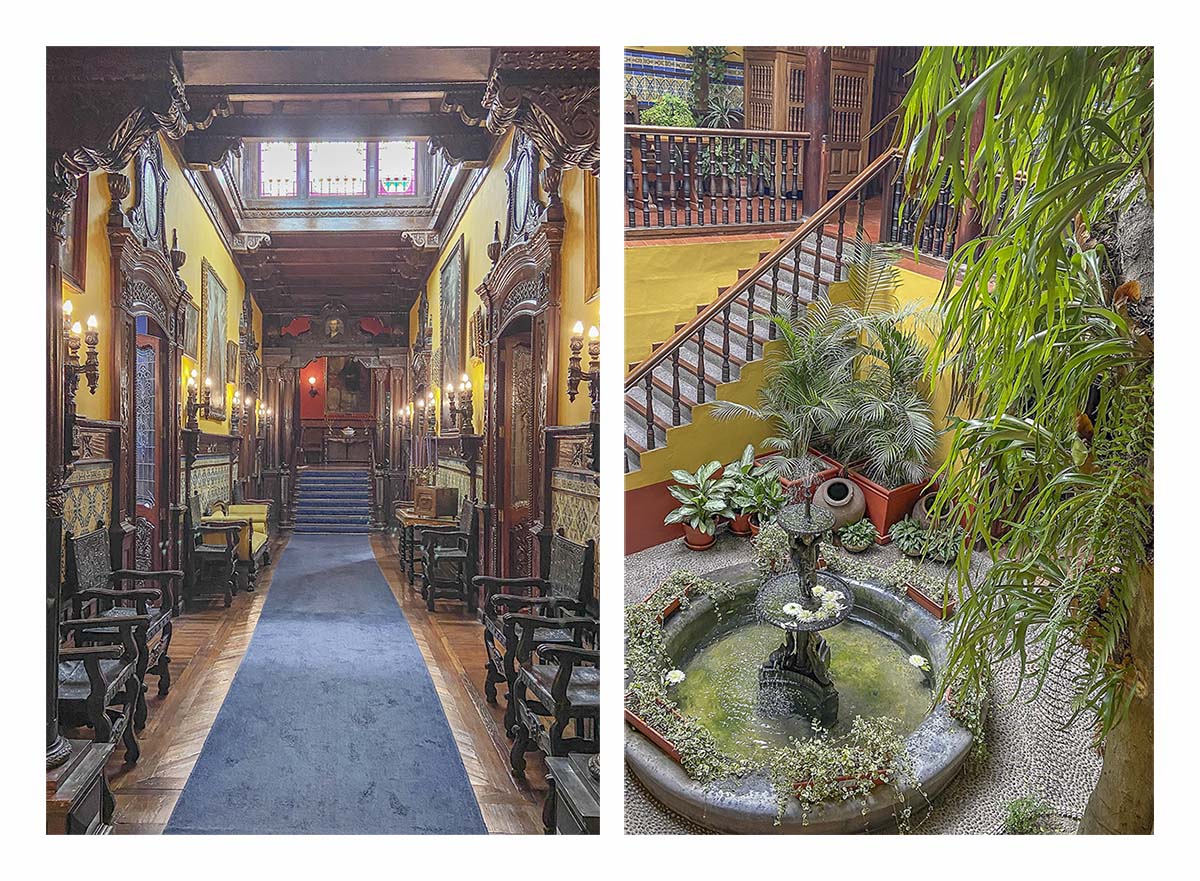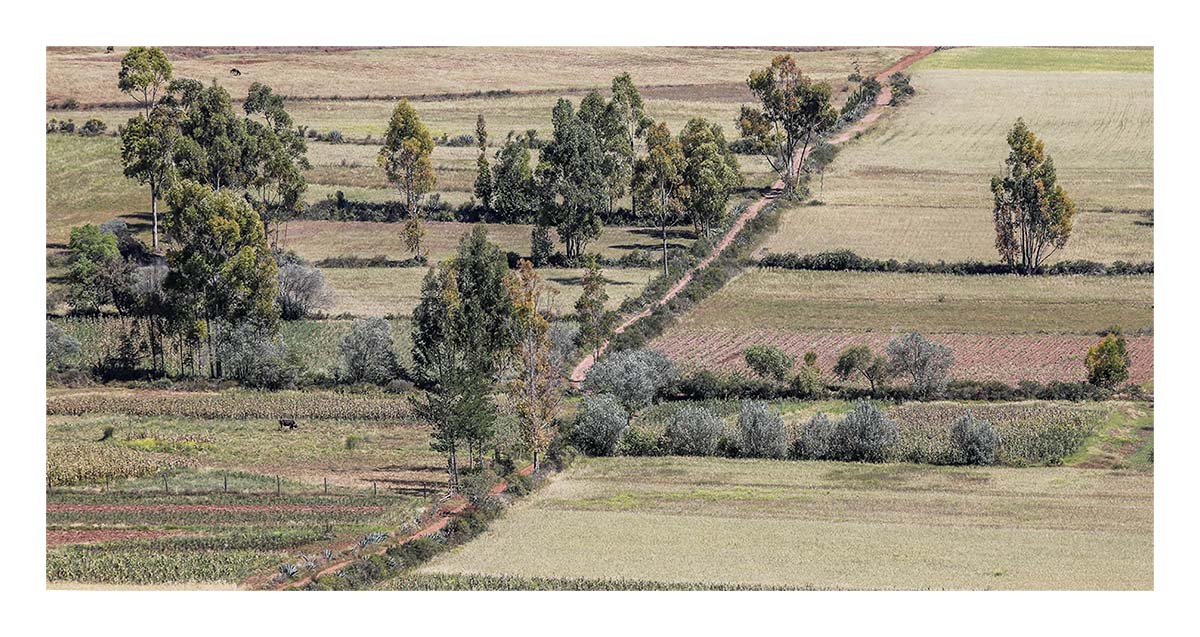
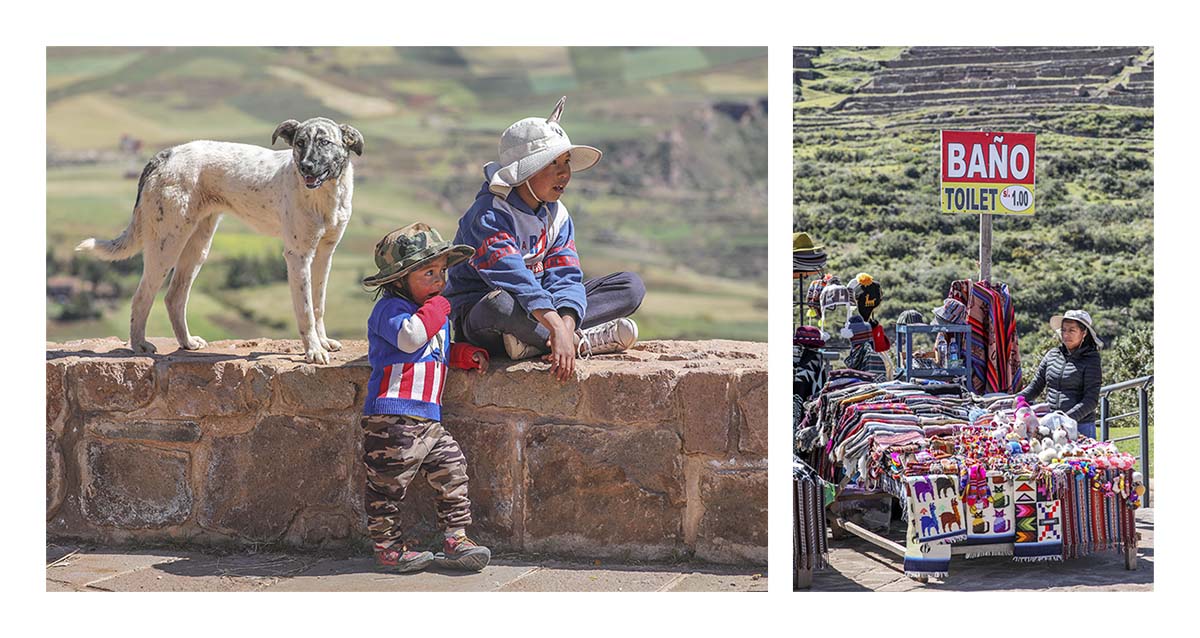
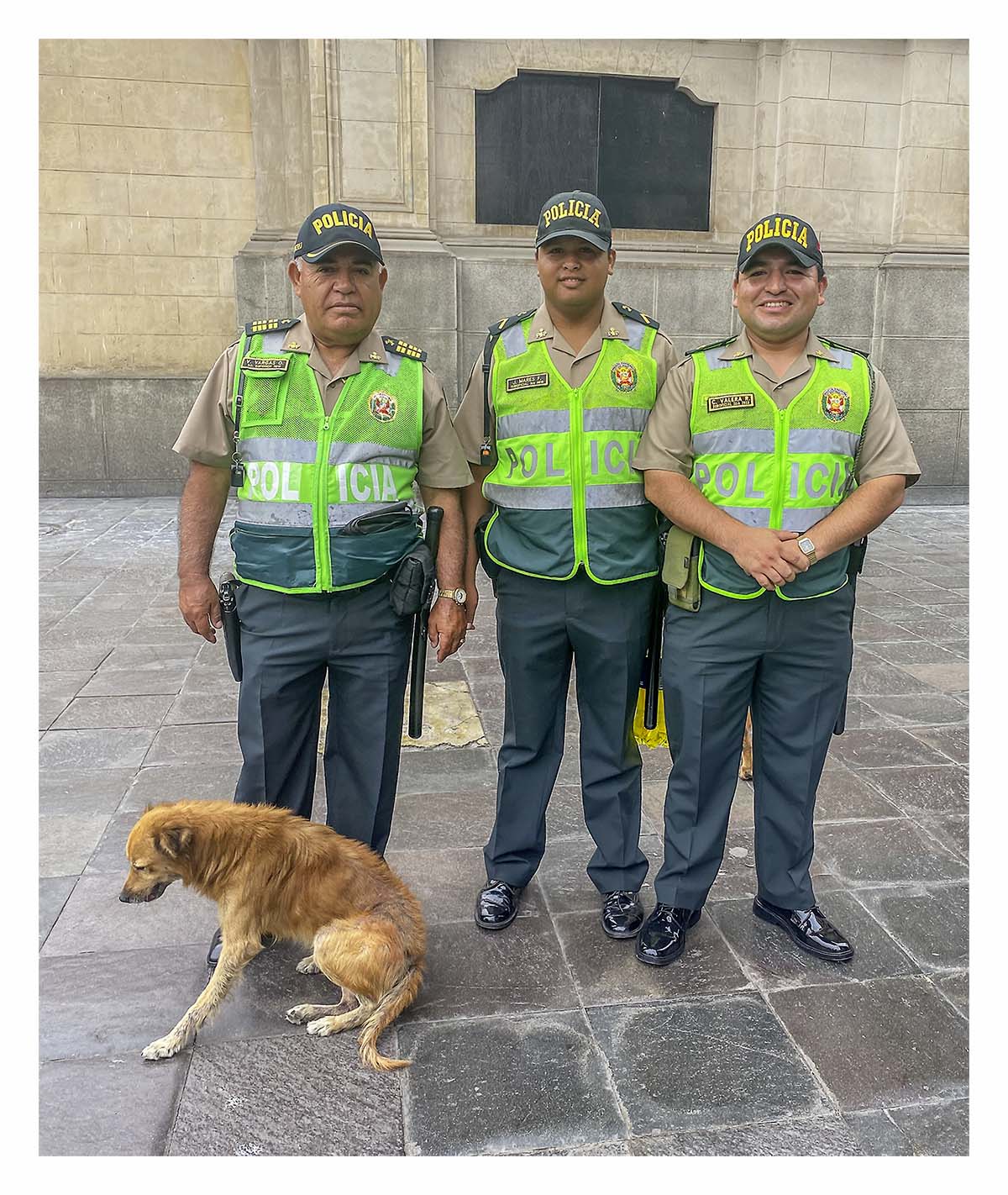
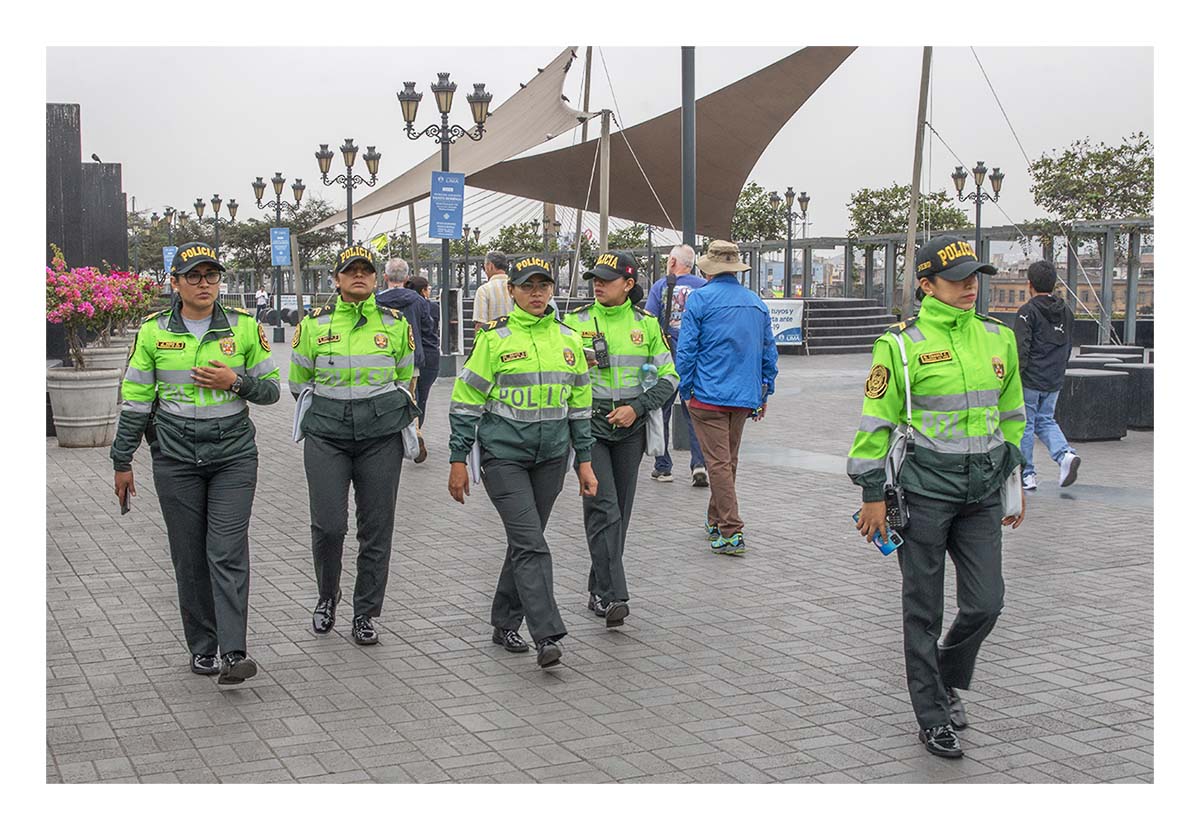
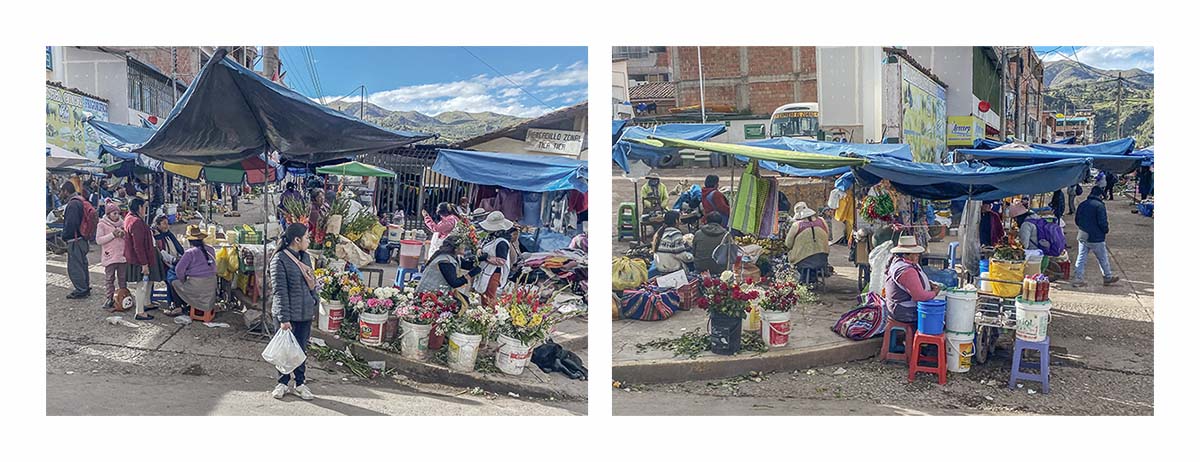
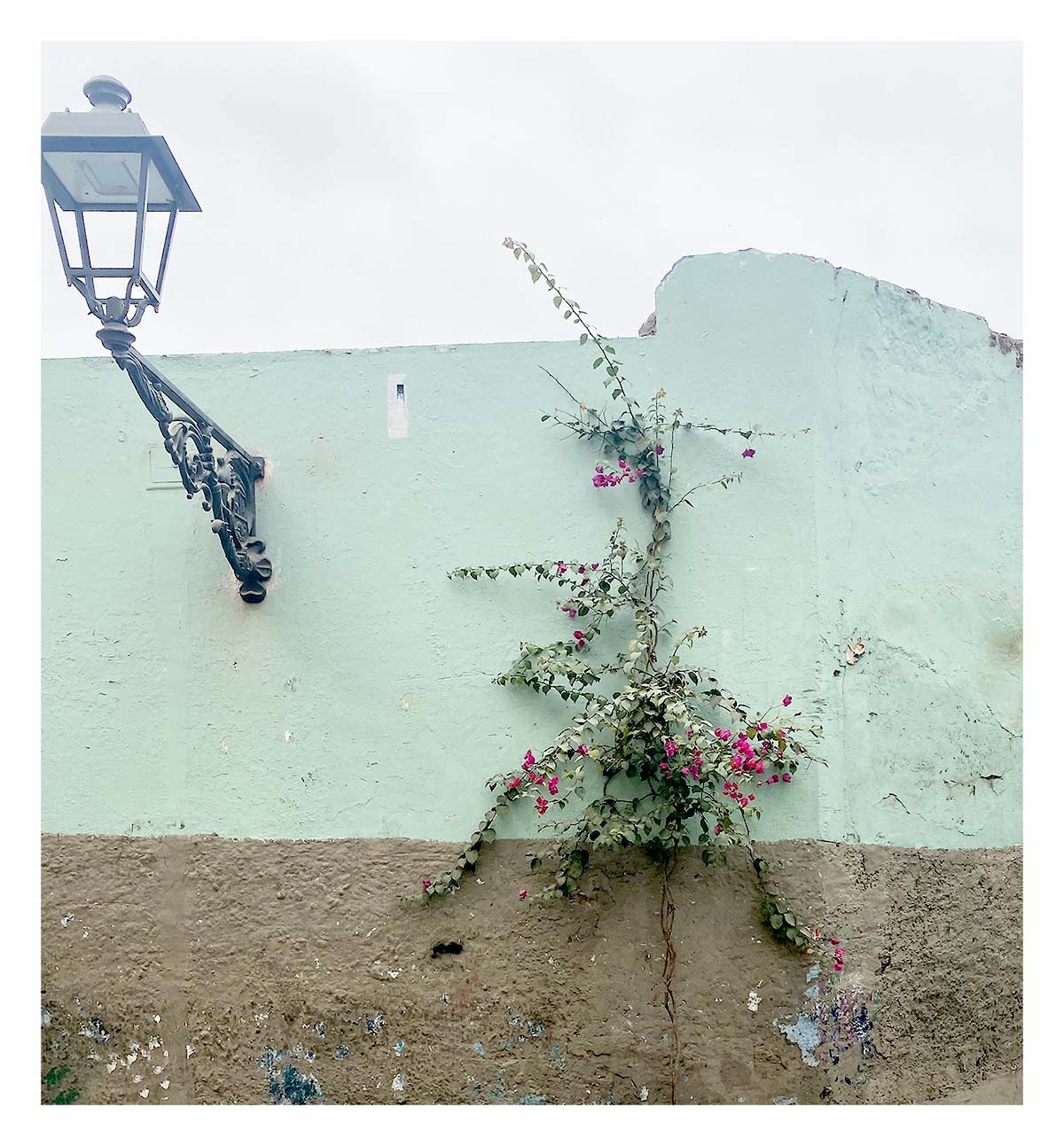
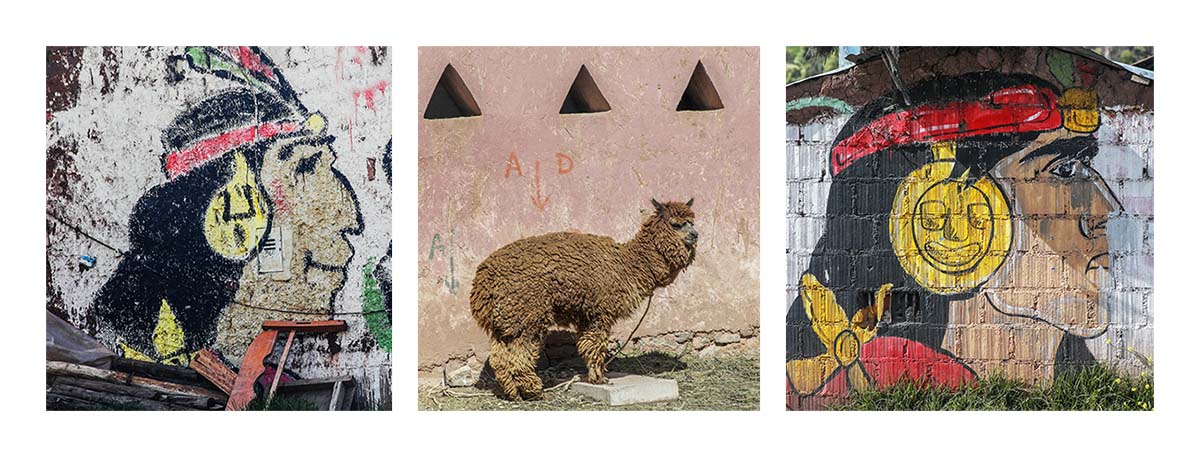
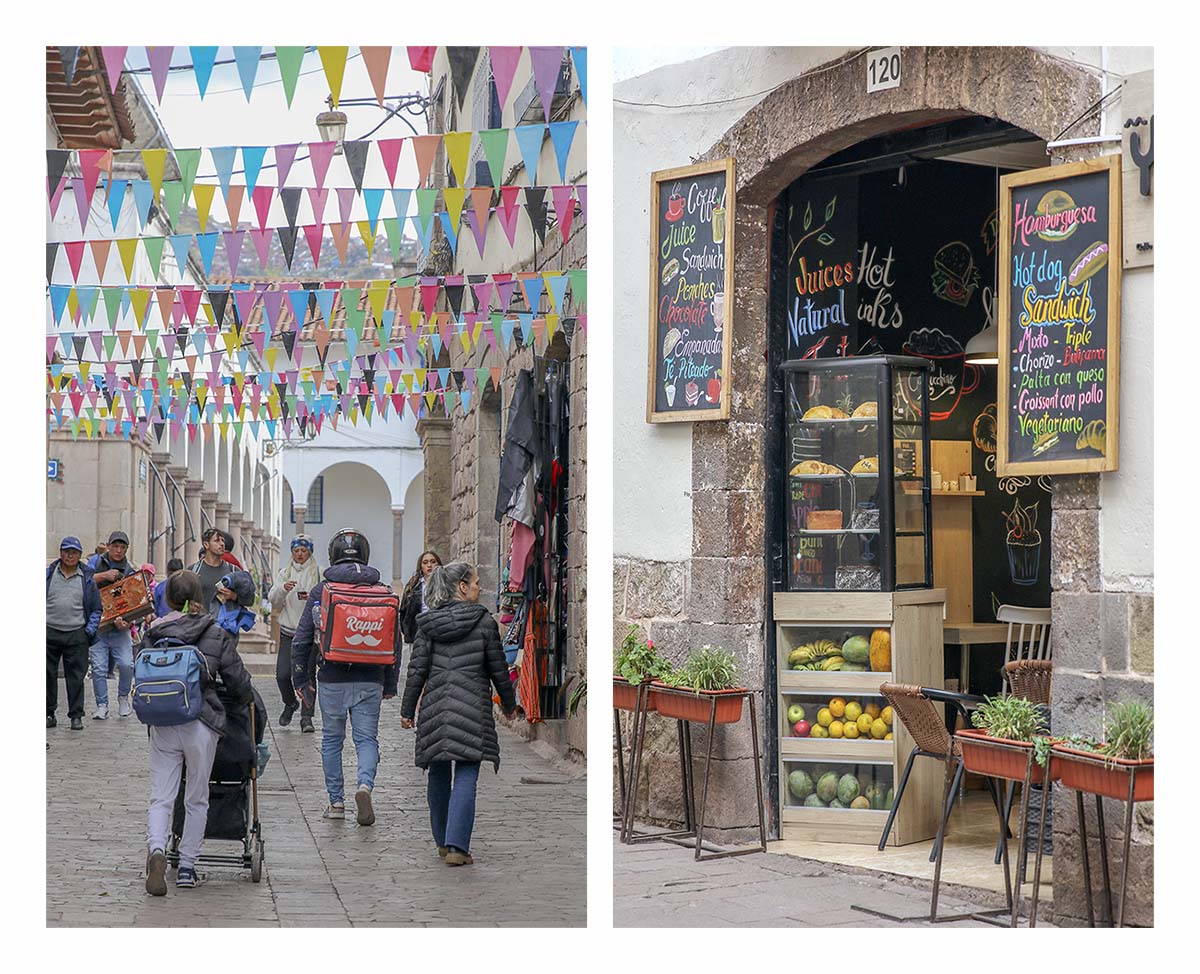


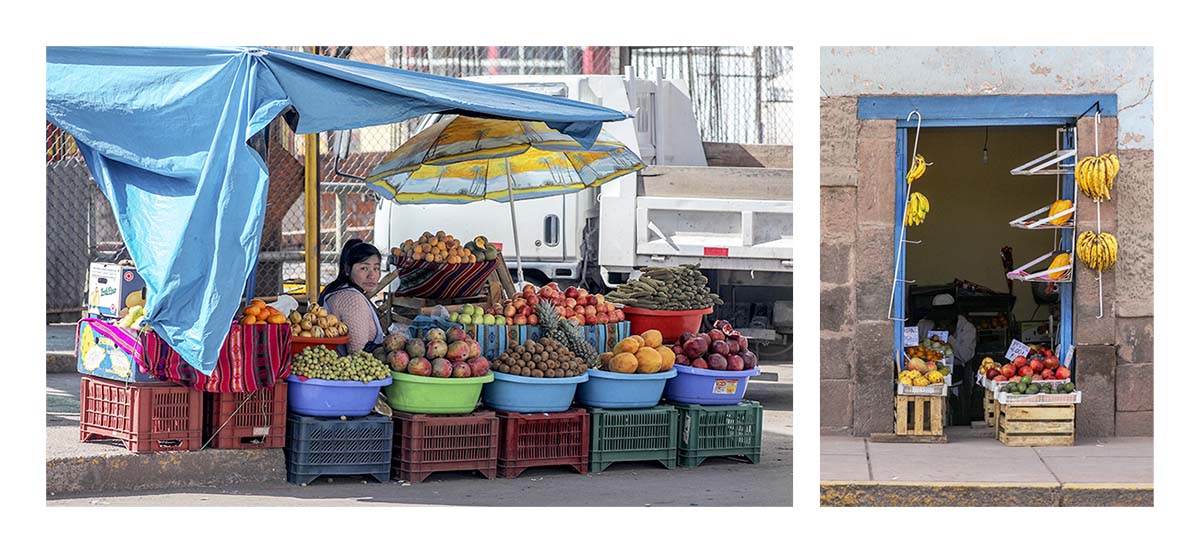
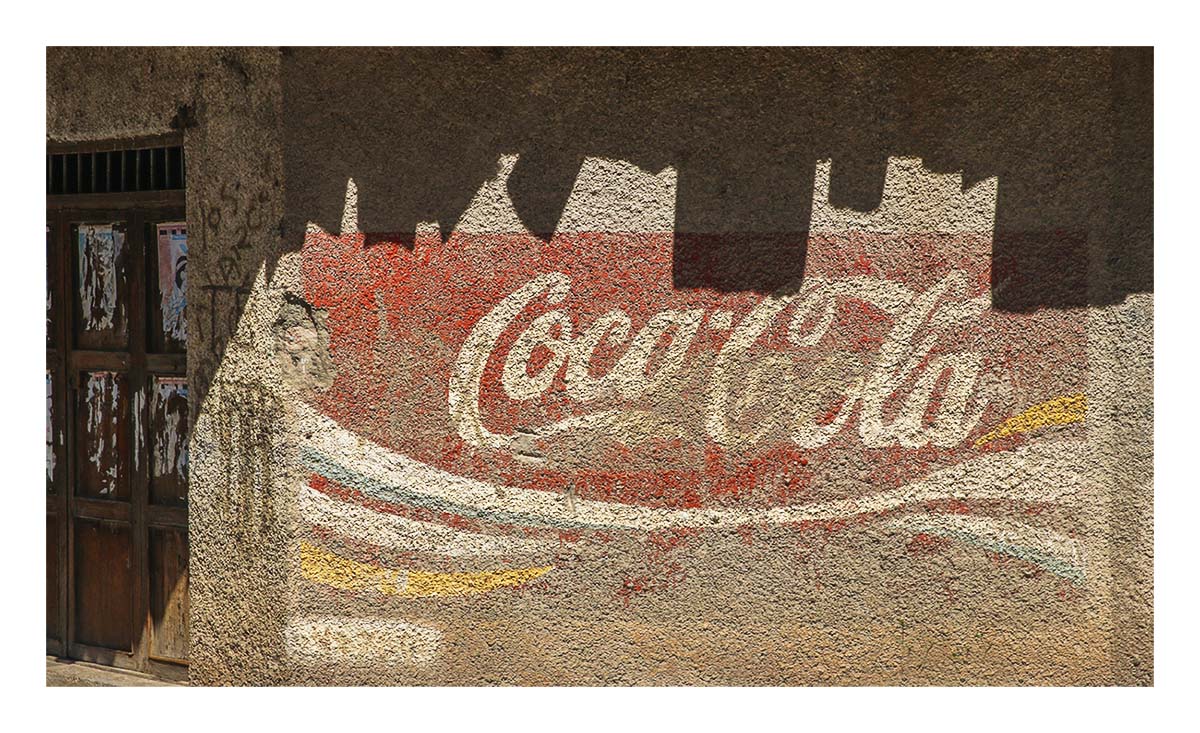
The Plaza de Armas - Main (Historic) Square of Lima
Located in the heart of the Historic Centre of Lima, founded by Francisco Pizarro in 1535, is a World Heritage Site, declared by UNSECO. Surrounded by the Government Palace, the Basilica Metropolitan Cathedral of Lima, the Archbishop’s Palace, and the Municipal Palace, you also can't miss the square's unique feature, its balconies. So stroll with us on a mini-tour of the highlighted sights.
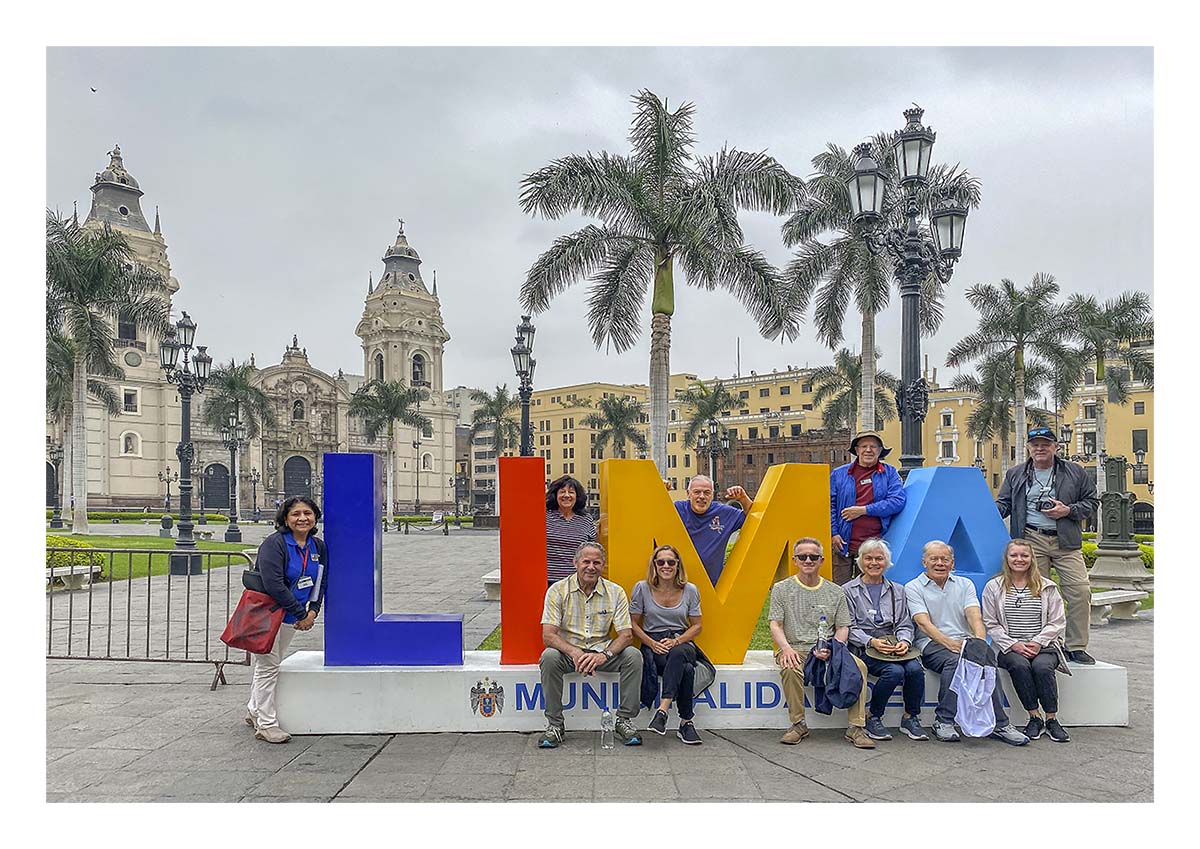
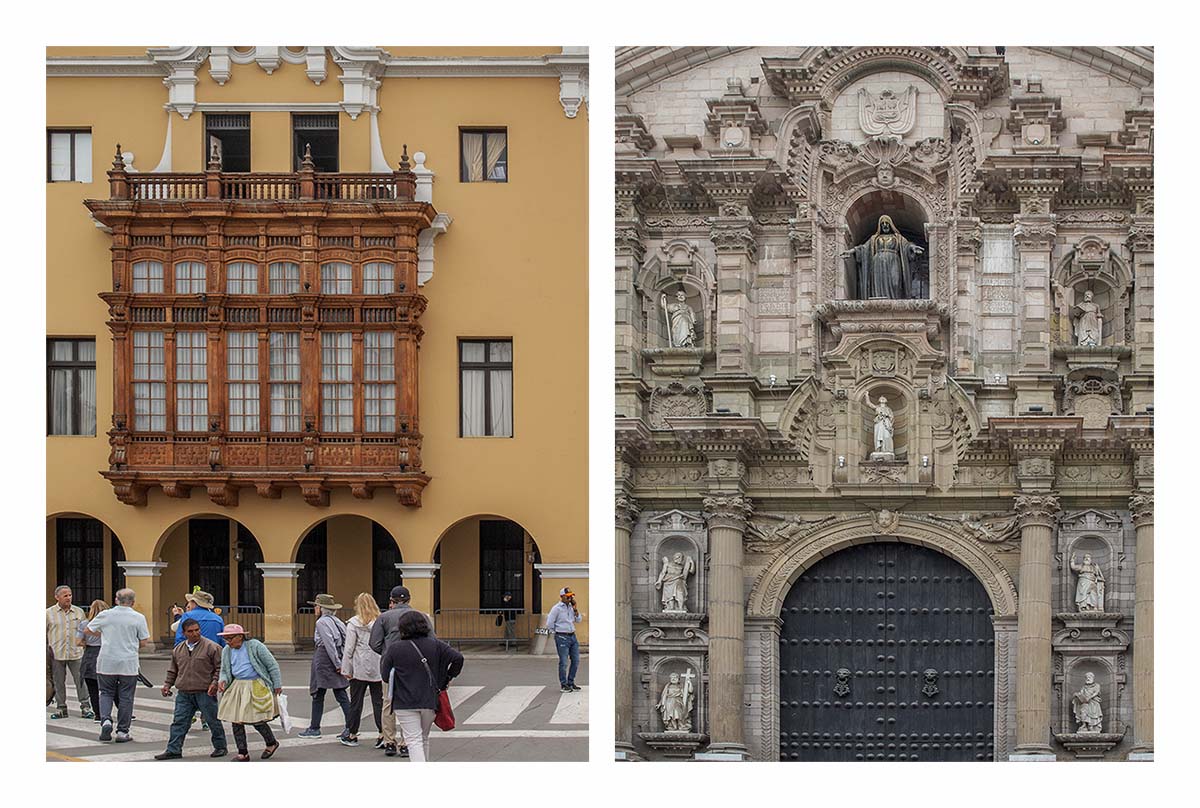
Left, just one of the many balconies dotting the square's perimeter, while on the right is the entrance to the Basilica Metropolitan Cathedral of Lima. It has fifteen chapels inside, one of which houses the remains of the founder of Lima, Francisco Pizarro.
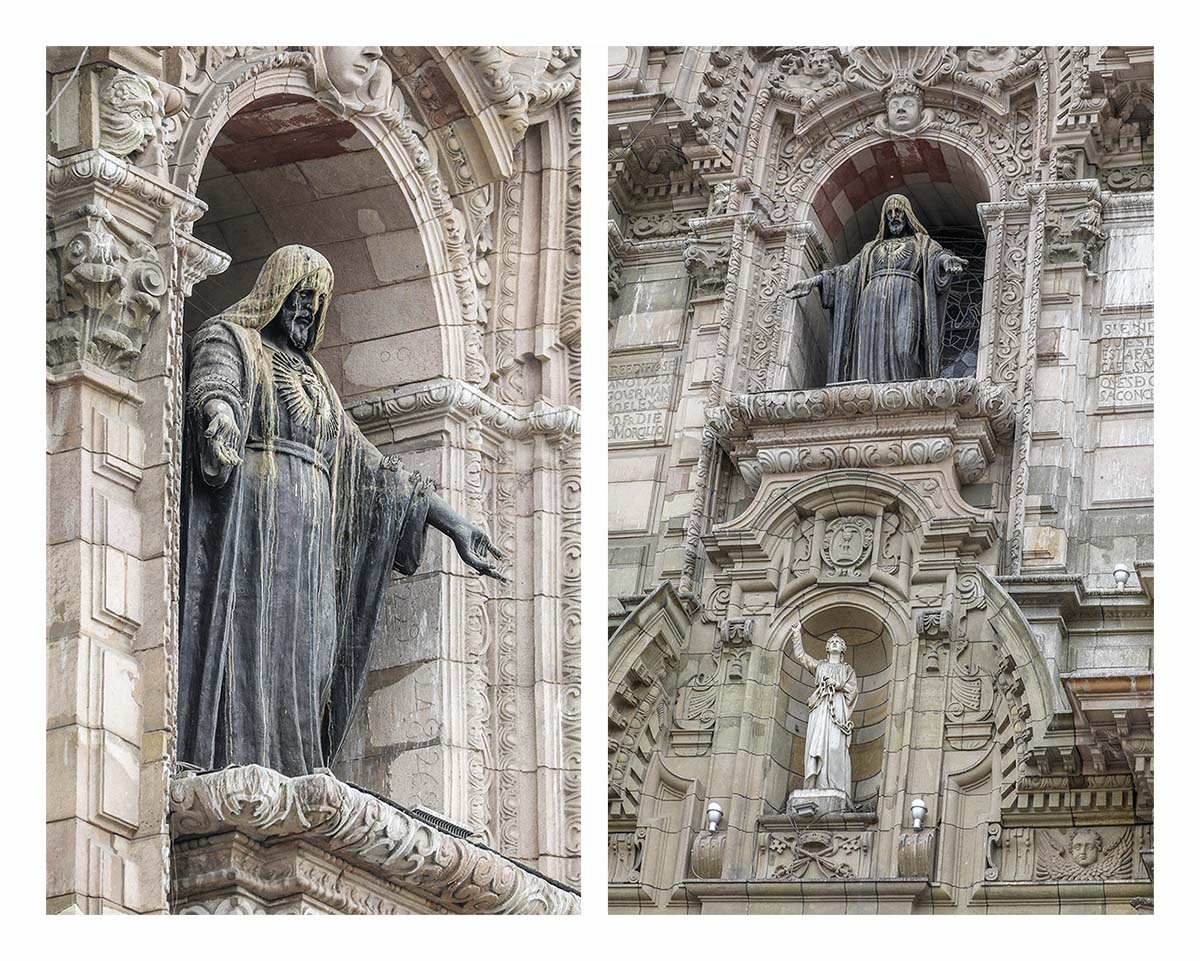
Jesus welcomes visitors to the Basilica Metropolitan Cathedral of Lima.
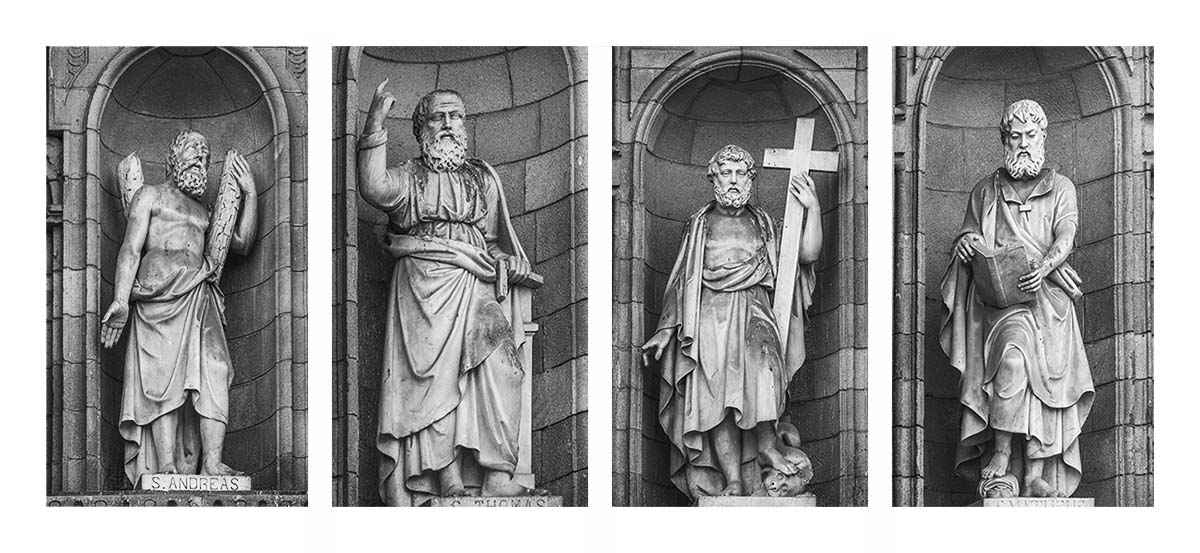
Saint Andrew the Apostle, Saint Thomas the Apostle, Saint John the Apostle, and Saint Matthew the Apostle adorn the outside of the Basilica Metropolitan Cathedral of Lima.
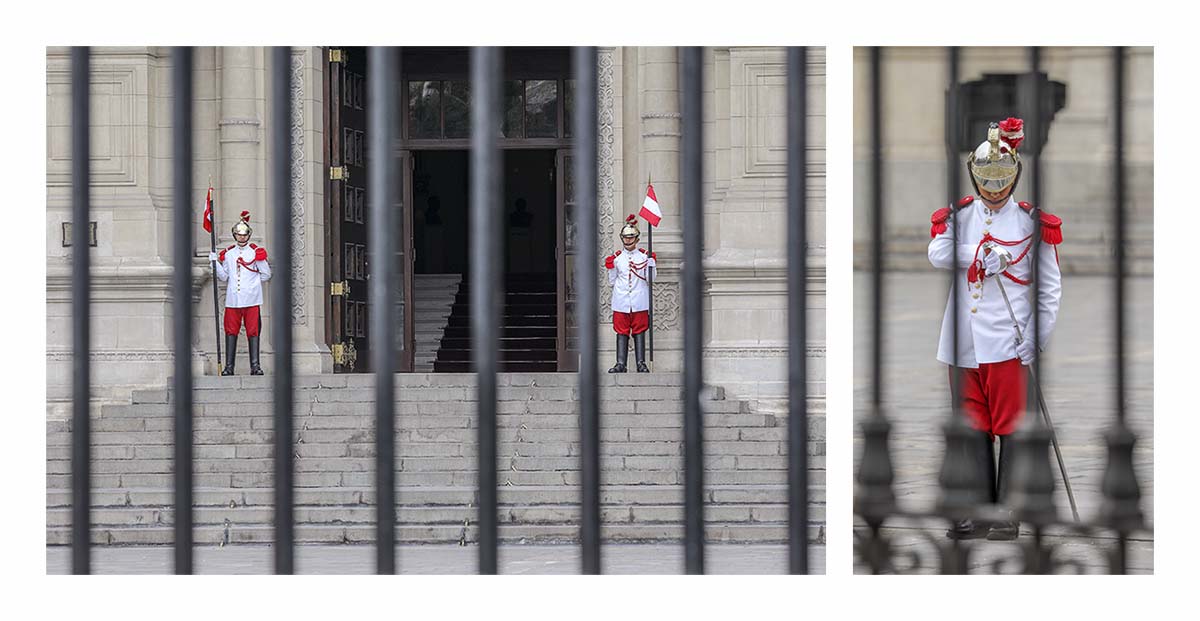
The French-inspired neo-Baroque style facade of the Government Palace.
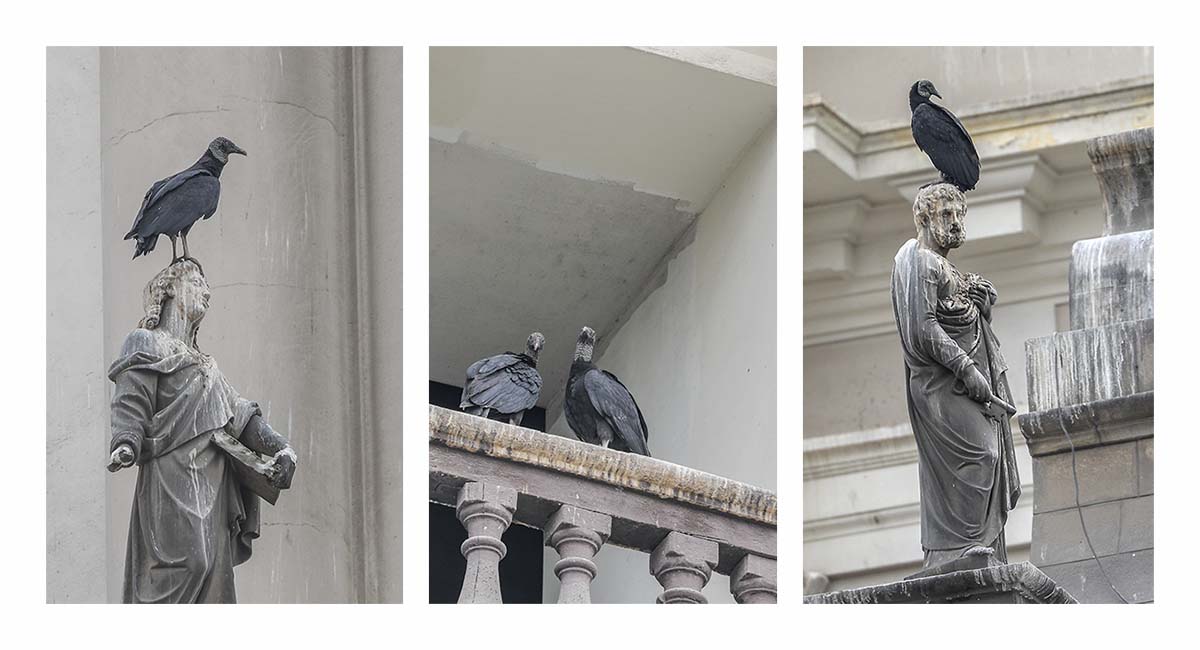
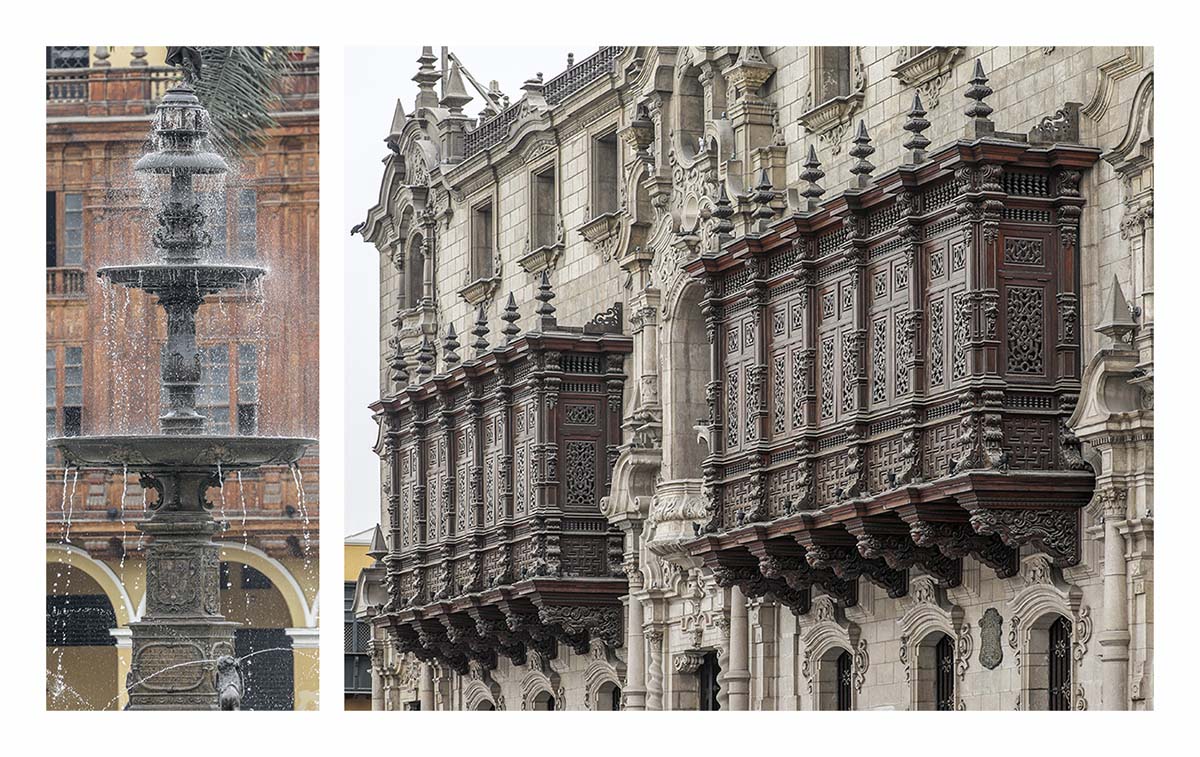
the Archbishop’s Palace (Palacio Arzobispal) wearing the impressive and detailed Moorish-style cedar balconies on its exterior.
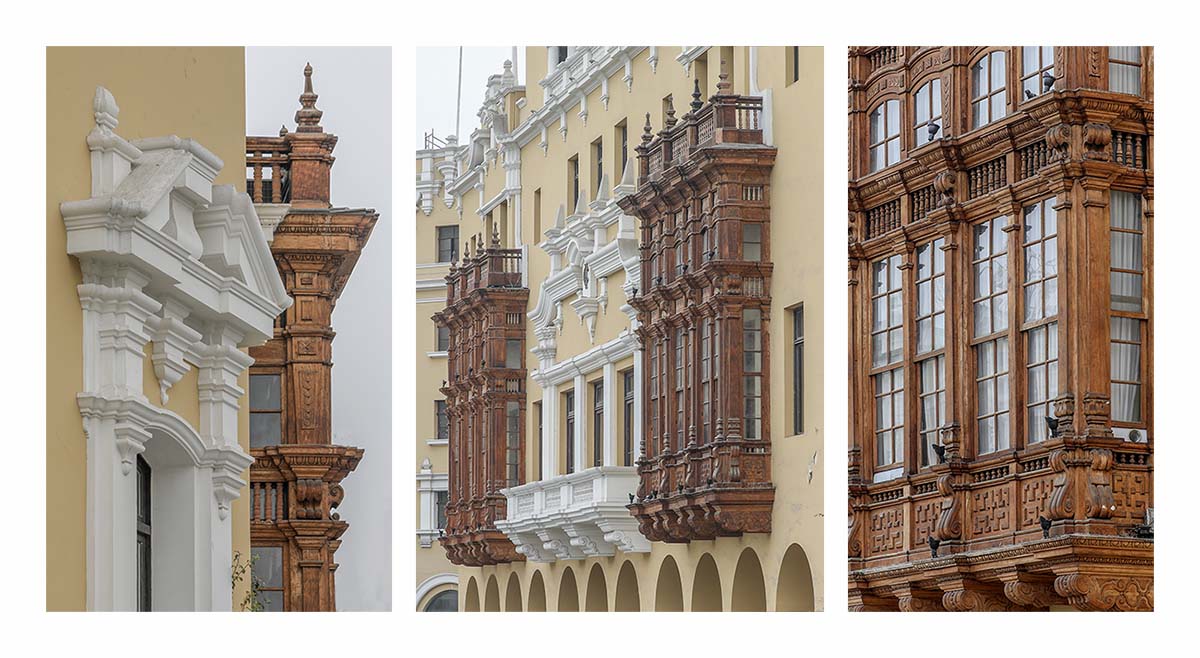
More balconies on the Municipal Palace.
Casa de Aliaga
The colonial history of Lima officially began in 1535, when Francisco Pizarro founded the city, declared that the Plaza Mayor was the main square and placed the first stone of the cathedral on the same day. Pizarro the ruler of the city also granted land next to what would be the Government Palace in the main square to his deserving defender, Don Jerónimo de Aliaga, one of the first settlers in Lima. Both Aliaga's house and the palace were built at the same time and on the remains of a Huaca, a Taulichusco sanctuary, the chief who ruled the Rimac Valley before the arrival of the Spaniards. The Casa de Aliaga is as old as the city of Lima itself, and it is said to be the oldest house in South America, still inhabited by the family that once built it. The Aliagas have lived there for 17 generations. For centuries, it has been damaged and renovated several times during earthquakes, resulting in a mixture of different architectural styles. We were fortunate to have visited the morning of a pending afternoon wedding, hence the abundance of roses adorning the rooms and interior passageways.
